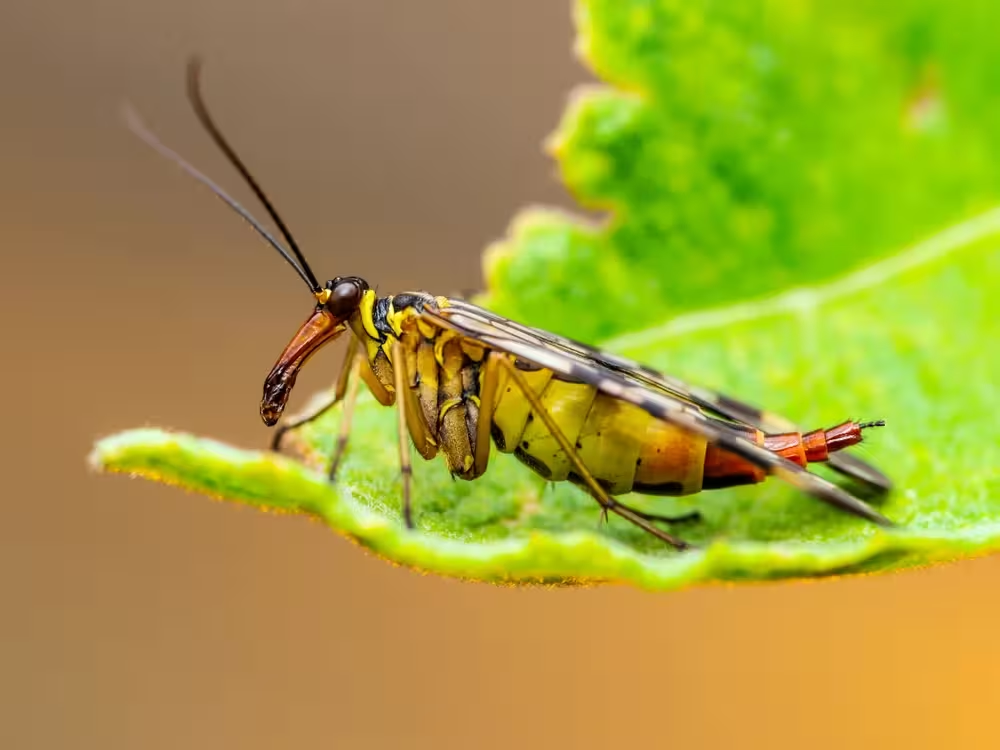
Arthropods of Florida and Neighboring Land Areas
The Arthropods of Florida and Neighboring Land Areas was the first larger publication series for the Division of Plant Industry (previously State Plant Board) and Florida State Collection of Arthropods (FSCA). It emphasized manuscripts on taxonomy, ecology, biology, and zoogeography of arthropods, that were limited to Florida, southern US and the Caribbean. A second series, the Occasional Papers of the FSCA, was established to publish similar works as well as revisionary research that are not geographically limited. With many years of irregular releases where the two competed for manuscripts, followed by a decade of no publications in either, it was decided to discontinue the restrictive Arthropods of Florida series and have all larger publications placed in the Occasional Papers of the FSCA series.
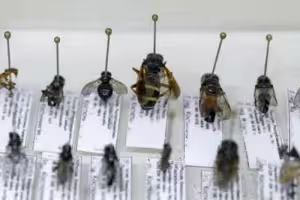
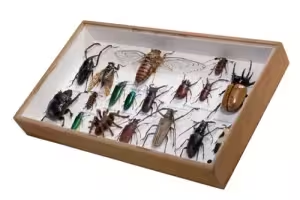
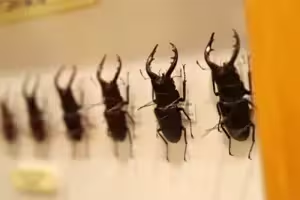
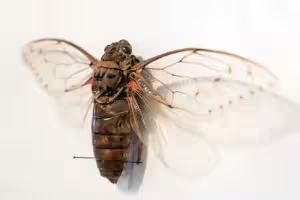
-
Vol. 18 – A Checklist of the Beetles of Cuba with Data on Distributions and Bionomics
(Insecta: Coleoptera)
Stewart B. Peck
Abstract This summary of the beetle fauna of Cuba lists 87 families, 954 genera, and 2,673 species plus three families, three genera, and three species of strepsipterans. Many families in Cuba are poorly or not at all studied and additional species will be found. …read more…
-
Vol. 17 – Lepidoptera Of Florida
Part 1 Introduction And Catalog
J. B. Heppner | in collaboration with W. Lee Adair, Jr. | H. David Baggett | Terhune S. Dickel | Linwood C. Dow | Thomas C. Emmel | Dale H. Habeck
ABSTRACT The Lepidoptera of Florida are cataloged, totalling 2,941 species, later to be diagnosed and illustrated in the planned 10 part series. This first part includes a general introduction to the Lepidoptera, including the general morphology of Lepidoptera families and keys for their identification, and sections on Florida ecosystems and environment as this relates to the Florida Lepidoptera fauna and… …read more…
-
Vol. 16 – A Distributional Checklist of the Beetles (Coleoptera) of Florida
Stewart B. Peck | Michael C. Thomas | 1998
The Arthropods of Florida series has now progressed through 30 years, since the inaugural publication of the series in 1965 with the catalog of Florida Lepidoptera. It is perhaps fitting that the beginning of the next period of years should be a catalog/checklist of beetles for Florida. …read more…
-
Vol. 15 – The Flat Bark Beetles of Florida
(Coleoptera: Silvanidae, Passandridae, Laemophloeidae)
Michael C. Thomas | 1993
It is well-known that some flat bark beetles are serious pests of stored grains. Little is published, however, about the biology or pest potential of most species of flat bark beetles._The first step in exploring the biology of these beetles for any geographic area must be a knowledge of the species [occurring] in the region. …read more…
-
Vol. 14 – Lygaeidae Of Florida
(Hemiptera: Heteroptera)
James A. Slater | Richard M. Baranowski | 1990
Lygaeidae of Florida is the second volume by Drs. Richard M. Baranowski and James A Slater on the Hemiptera of Florida, following Coreidae of Florida, which was published in 1986 in Arthropods of Florida and Neighboring Land Areas._ …read more…
-
Vol. 13 – The Scarab Beetles Of Florida
(Coleoptera: Scarabaeidae) Part II. The May or June Beetles (genus Phyllophaga)
Robert E. Woodruff | Brenda M. Beck | 1989
This is the Part II of The Scarab Beetles of Florida, initiated in 1973 by Dr. Robert E. Woodruff with Volume 8 of Arthropods of Florida and Neighboring Land Areas,( Coleoptera: Scarabaeidae) Part I. …read more…
-
Vol. 12 – Coreidae Of Florida
(Hemiptera: Heteroptera)
Richard M. Baranowski | James A. Slater | 1986
Thirty-three genera and 120 species of Hemiptera, family Coreidae, commonly called the squash bug family, are known to occur in the United States and Canada. Many of these are found only in the extreme southern or southwestern states. …read more…
-
Vol. 11 – The Soft Scale Insects Of Florida
(Homoptera: Coccoidea: Coccidae)
Avas B. Hamon | Michael L. Williams | 1984
This scholarly treatment of the soft scales of Florida by Hamon and Williams fulfills a need which has grown over a period of many years. It provides a reference useful both for field identification of some species of soft scales and for the accurate identification in the laboratory of all species known to occur or which are likely to be… …read more…
-
Vol. 10 – The Sand Flies (Culicoides) Of Florida
(Diptera: Ceratopogonidae)
Franklin S. Blanton | Willis W. Wirth | 1979
Except for mosquitoes, probably no other in sects in Florida cause more human discomfort than the tiny biting midges which in Florida are commonly called sand flies. Especially along some sea coast areas these little flies, almost invisible to the unaided eye, can make life intolerable in early morning, all day on overcast days, around dusk, and all night on… …read more…
-
Vol. 9 – Ichneumoninae of Florida and Neighboring States
(Hymenoptera: lchneumonidae, subfamily lchneumoninae)
Gerd H. Heinrich | 1977
“Ichneumoninae of Florida and neighooring states” encompasses all of Florida except the southern tip of the peninsula, most of South Carolina, Georgia, Alabama, Mississippi, Louisiana, Arkansas, eastern Texas, eastern North Carolina, and smaller parts of western Tennessee, southeastern Missouri and southwestern Kentucky. …read more…